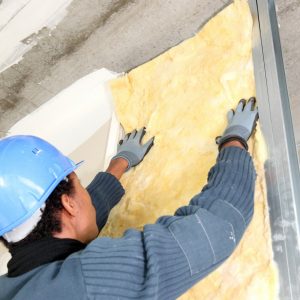It’s getting colder. This is the time of year that drainpipes freeze, which can wreak havoc in the home. There are other issues with the winter period, too. It is best to make sure your home is ready for the season, so you can concentrate on the festivities and having fun.
Block the Draughts
The last thing you want is to find all your heat is escaping. It just ends up costing you more in your energy bills. The best thing that you can do is draught proof your home. Go around the skirting boards and block any holes that you find. Tape up windows that you’re not going to use and invest in blockers for the doors to keep the heat in the room, instead of escaping underneath it.
Keep the Radiators Free
Don’t block your radiators. This just stops the heat from getting around your room. Move the furniture away and stop placing clothes over the top. You will soon find that you feel warmer and you don’t need to have the heating on throughout the day. It is also worth turning the heaters off in the rooms that you’re not in, especially in rooms that you won’t be using at all over the Christmas season.
Double Glazing Is an Energy Saver

Most homes already have double glazing, but you may be one of the few who doesn’t. If your windows are single glazed, you’re wasting energy. The heat is escaping through the glass; not to mention the windows break easier. It may seem like a big expense right now, but it will save you money in the long-term.
Insulate Your Walls and Loft
Another trick to keep the heat in is insulation. You can get wall cavity and loft insulation, and both are worth considering. Some governments are even offering tax rebates or offers for this to help you save on the cost. You will need to hire a professional, who will be able to check whether insulation is possible and give you an estimate.
Insulate Your Pipes
When the pipes freeze, the boiler will stop working. It does it automatically to save itself. You don’t need anything special to insulate your pipes, or even hire a professional. This is a DIY task that you can do yourself with the right material. Watch out for any material that melts to the pipes when they get hot! You will also need to check the outside pipes. If they freeze they can burst, and you have a much more expensive and unhygienic problem to deal with.
Keep Your Thermostat Down
There’s no need to have your thermostat higher than 20 degrees. 16 degrees is considered best for young children, but it can seem colder at first. If you have it much higher, you will end up spending more money on your heating bills; and money that you don’t necessarily need to spend. When it comes to the water heater, you want it at 60 degrees at a minimum to avoid bacteria spreading around your home.